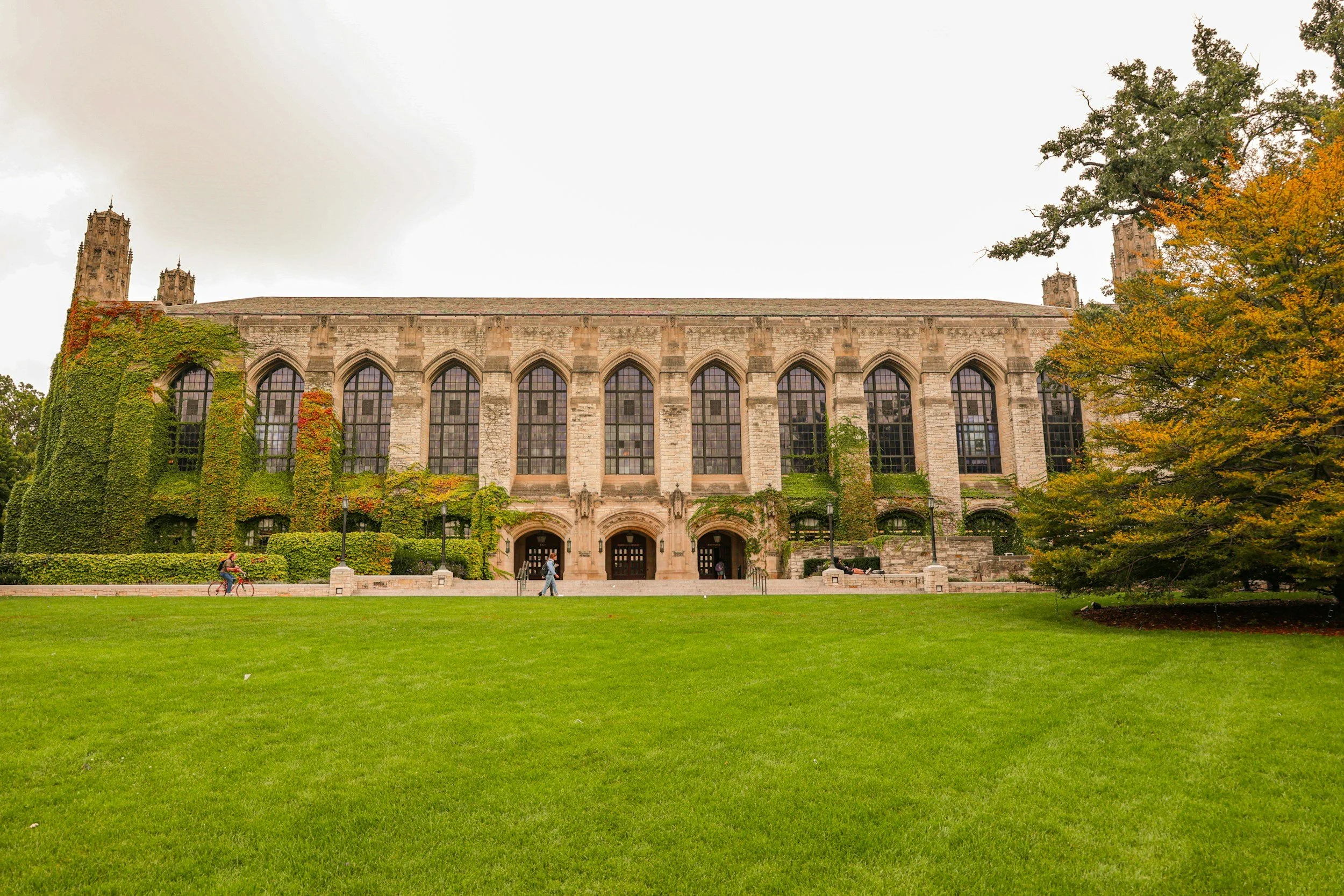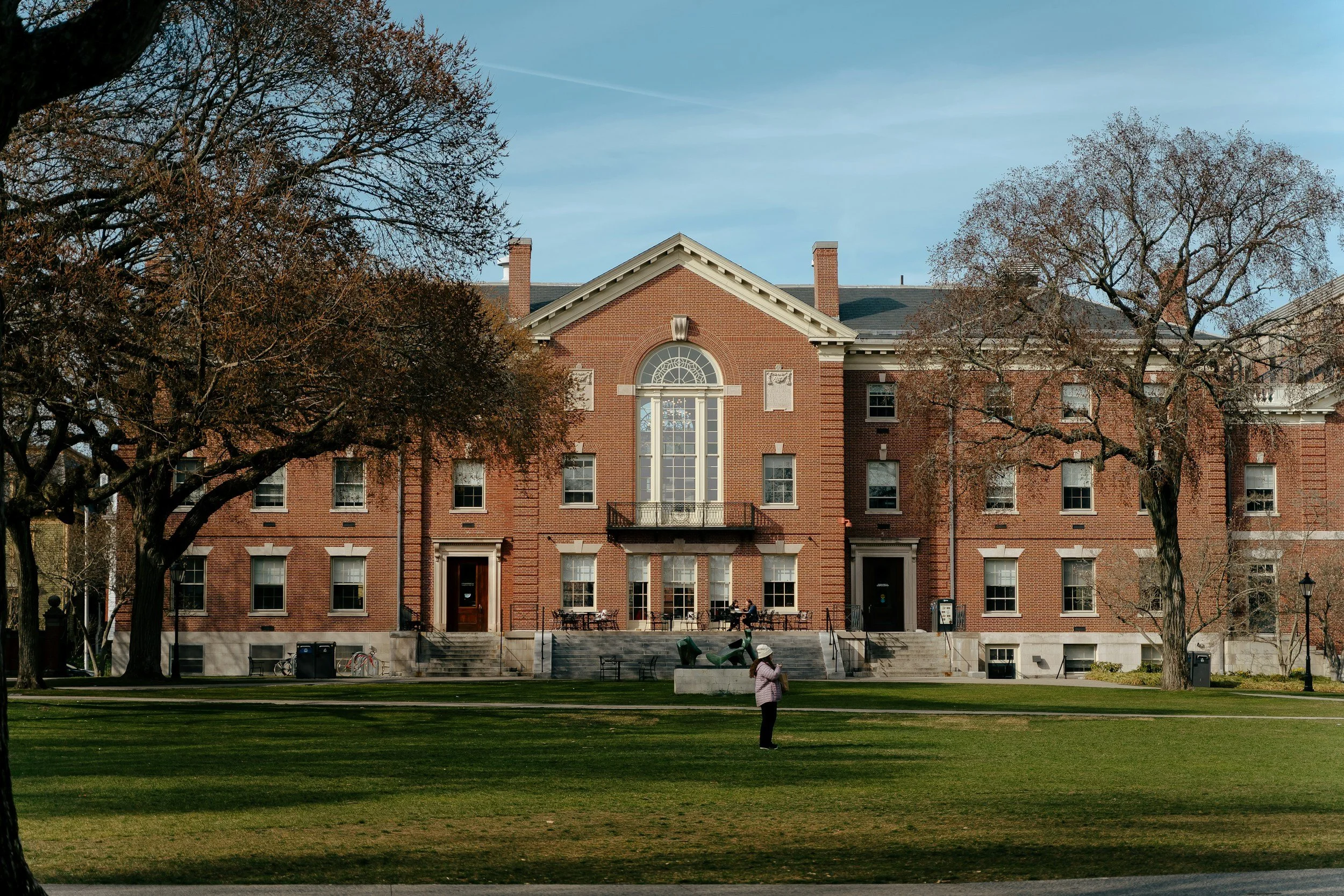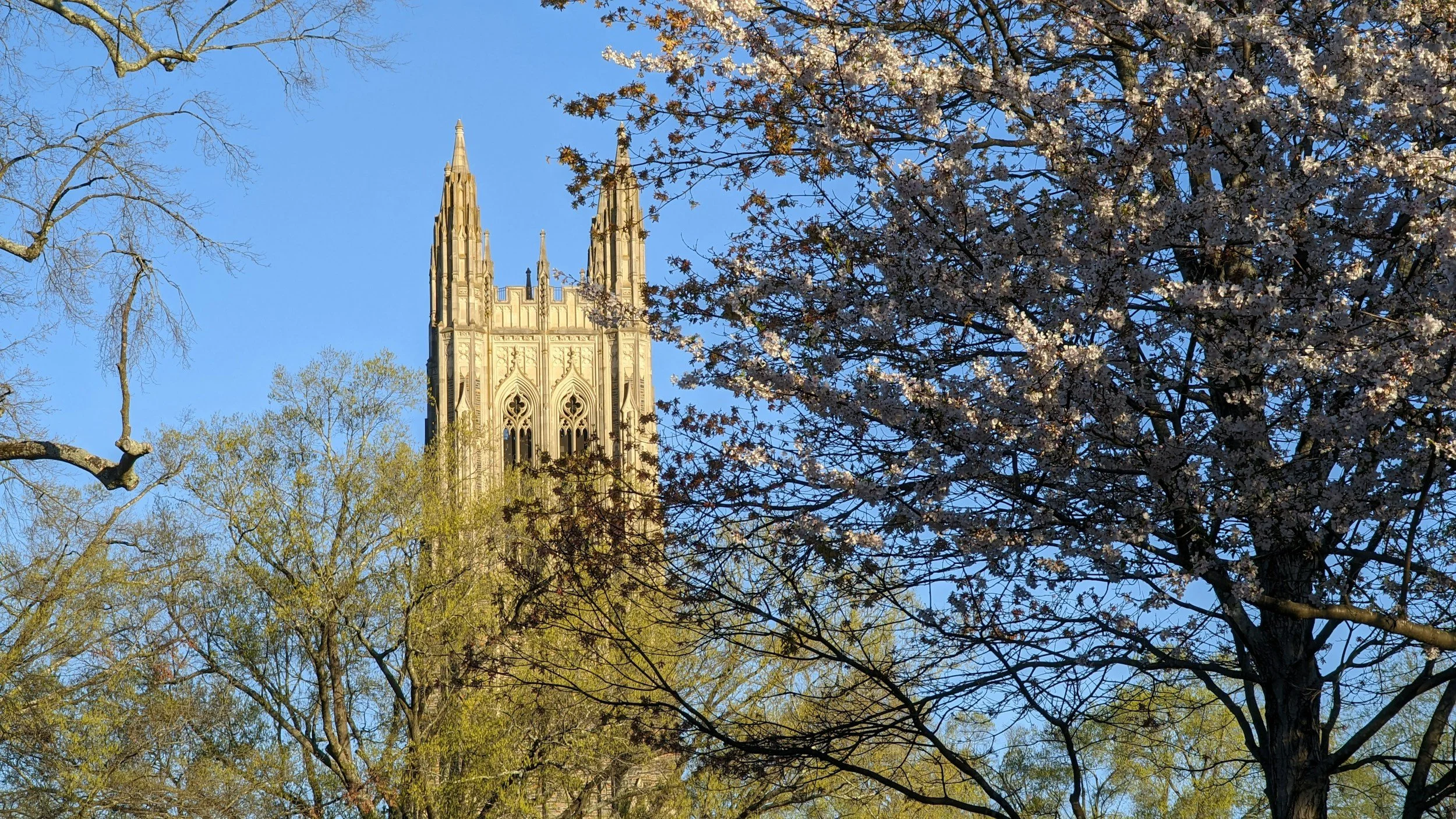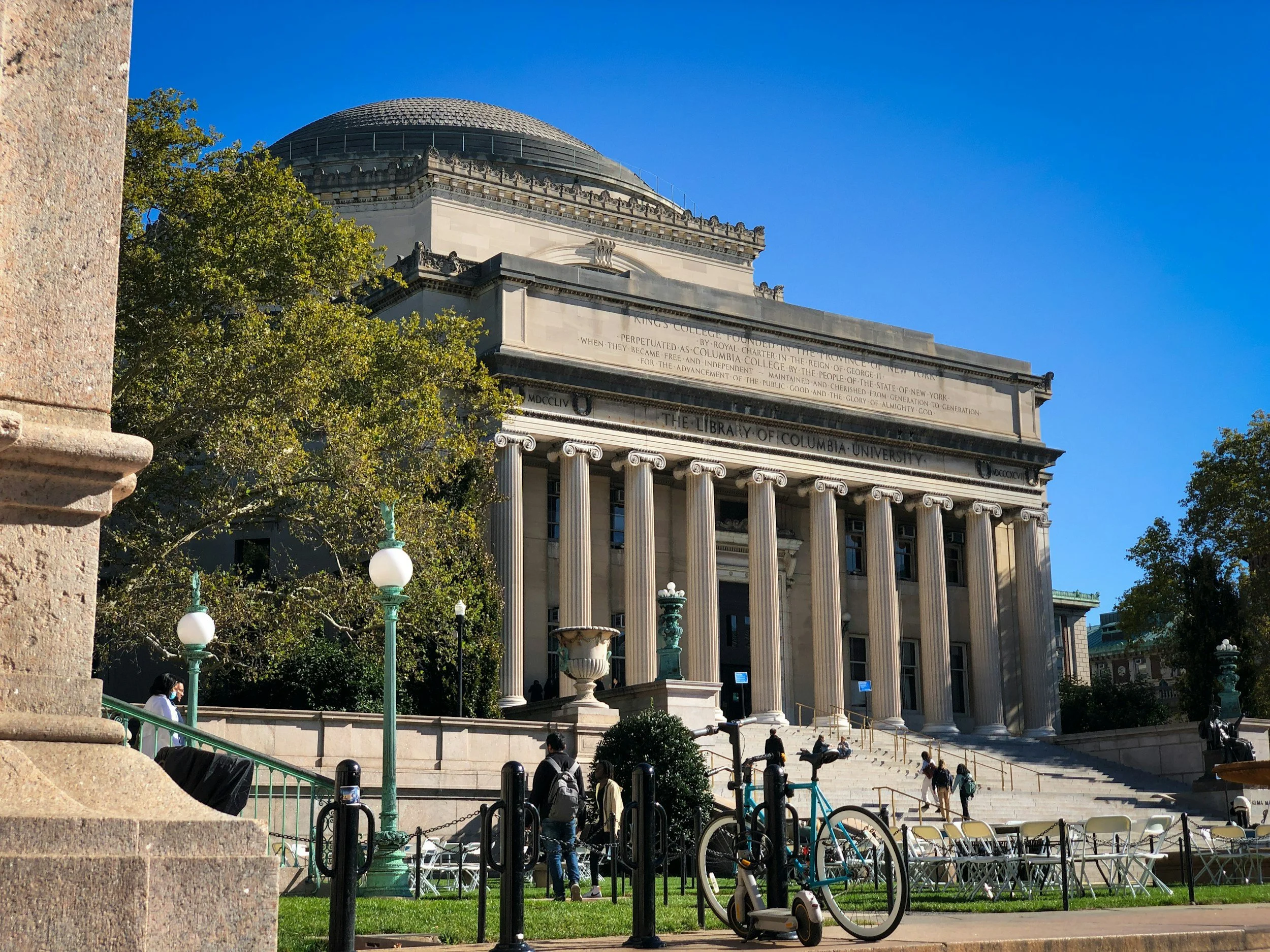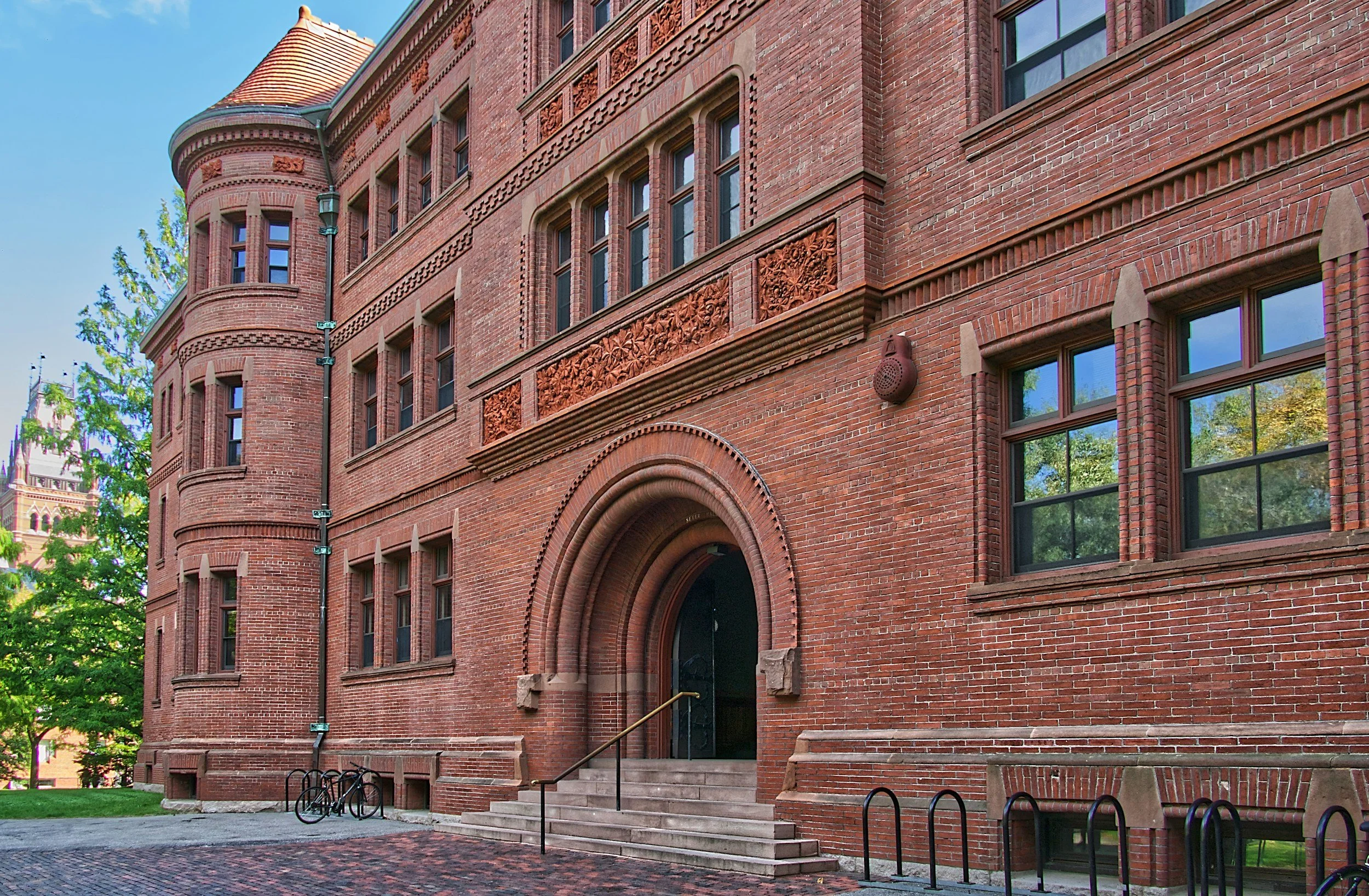UC Berkeley Admissions 2024-2025
UC Berkeley recently released their Common Data Set for 2024-2025, offering valuable insights into what it takes to be admitted to this highly selective public institution. Let's examine the data to understand who gets into UC Berkeley and what factors matter most in their admissions process.
Berkeley's Extreme Selectivity
Berkeley's admissions statistics reveal an incredibly competitive landscape:
Total applicants: 124,245
Admitted students: 13,714
Enrolled students: 6,272
Acceptance rate: Approximately 11.0%
With roughly 1 in 9 applicants receiving an offer, Berkeley stands as one of the most selective public universities in the nation. The staggering volume of applications—over 124,000—demonstrates the university's tremendous appeal to students nationwide and globally.
The Gender Gap
An interesting pattern emerges when examining admissions by gender:
Men who applied: 57,337
Men who were admitted: 5,058 (8.8% acceptance rate)
Women who applied: 60,324
Women who were admitted: 7,788 (12.9% acceptance rate)
Another gender who applied: 2,098
Another gender who were admitted: 252 (12.0% acceptance rate)
Women applicants had a notably higher acceptance rate than men, which aligns with broader trends in selective college admissions.
Academic Profile of Admitted Students
The academic credentials of Berkeley's Class of 2029 are exceptional:
GPA Distribution
The data reveals an academically accomplished class:
37.7% had a perfect 4.0 GPA
51.5% had GPAs between 3.75 and 3.99
8.6% had GPAs between 3.50 and 3.74
Only 2.2% had GPAs below 3.50
Average high school GPA: 3.90
These statistics demonstrate that virtually all Berkeley admits have outstanding high school academic performance, with 89.2% maintaining GPAs of 3.75 or higher.
Test Scores
Notably, UC Berkeley is "test-free," meaning SAT/ACT scores are not used in any part of their application review process. This represents a significant policy difference from many other selective institutions.
Residency Matters at Berkeley
UC Berkeley, like other California public universities, shows a strong preference for in-state students:
In-state applicants: 72,156
In-state admits: 10,774 (14.9% acceptance rate)
Out-of-state applicants: 29,788
Out-of-state admits: 2,186 (7.3% acceptance rate)
International applicants: 22,301
International admits: 754 (3.4% acceptance rate)
California residents are more than twice as likely to be admitted compared to out-of-state applicants, and over four times more likely than international students.
Demographic Diversity
Berkeley's first-year class shows considerable diversity:
International students: 381 (6.1%)
Hispanic/Latino: 1,399 (22.3%)
Black or African American: 127 (2.0%)
White: 1,161 (18.5%)
Asian: 2,396 (38.2%)
American Indian or Alaska Native: 13 (0.2%)
Native Hawaiian or other Pacific Islander: 7 (0.1%)
Two or more races: 473 (7.5%)
Race/ethnicity unknown: 315 (5.0%)
Asian students form the largest demographic group at Berkeley, followed by Hispanic/Latino students. Notably, the Black student population is significantly smaller at 2.0% of the class.
What Matters Most in Berkeley Admissions
Berkeley's Common Data Set provides valuable insights into what factors weigh most heavily in their admissions decisions:
"Very Important" Factors
Rigor of secondary school record
Academic GPA
Application Essay
"Important" Factors
Extracurricular activities
Character/personal qualities
Volunteer work
Work experience
"Considered" Factors
Recommendation(s)
Talent/ability
First generation status
State residency
"Not Considered" Factors
Class rank
Standardized test scores (SAT/ACT)
Interview
Alumni/ae relation
Geographical residence
Religious affiliation/commitment
Level of applicant's interest
What These Ratings Mean for Applicants
Berkeley's ratings reveal their holistic but academically-focused approach to admissions:
Academics are paramount: The rigor of your curriculum and GPA are rated as "very important" - you need to challenge yourself with the most demanding courses available and perform exceptionally well.
Essays are critical: Unlike many schools that rate essays as merely "important," Berkeley considers them "very important," suggesting that your personal statement and responses to UC's Personal Insight Questions significantly impact your chances.
Extracurriculars and character matter significantly: Both are rated as "important," indicating Berkeley values students who have made meaningful contributions outside the classroom and demonstrated positive character traits.
Work and service are valued: Both volunteer work and paid work experience are rated as "important," which differs from many elite institutions that only list these as "considered." This suggests Berkeley recognizes and values diverse forms of experience and contribution.
Recommendation letters are just "considered": Unlike many private universities that weigh recommendations heavily, Berkeley rates them as merely "considered," suggesting they have less impact on your application.
Test scores are NOT considered: Berkeley is explicitly "test-free," meaning SAT and ACT scores will not be used in admissions decisions at all.
The Waitlist Reality
Berkeley's waitlist statistics reveal how challenging it is to gain admission from the waitlist:
Number of qualified applicants offered a place on waitlist: 10,894
Number accepting a place on the waitlist: 7,853
Number of wait-listed students admitted: 26
With only 26 students admitted from a waitlist of 7,853 acceptances, the odds of admission from Berkeley's waitlist were less than 0.4% for the 2024-2025 cycle.
Notable Observations
Several other details from the Common Data Set stand out:
Impressive graduation rates: 92.8% six-year graduation rate for the 2018 cohort, demonstrating strong student success.
Strong student retention: The data shows excellent retention of first-year students.
Holistic admissions in action: Berkeley's admissions factors demonstrate their commitment to evaluating applicants as whole people, not just sets of numbers.
Financial aid considerations: The difference between application and enrollment numbers suggests financial considerations play a role in students' decisions.
What This Means for Future Applicants
For students aspiring to Berkeley, these numbers highlight the importance of:
Academic excellence: Taking the most challenging courses available and excelling in them is absolutely critical. With nearly 90% of admitted students having GPAs above 3.75, academic performance is the foundation of a competitive application.
Compelling essays: With essays rated as "very important," investing significant time in crafting authentic, insightful responses to the Personal Insight Questions is essential.
Meaningful engagement: Developing genuine interests and making substantive contributions in areas that matter to you is important, as Berkeley values both extracurricular involvement and personal character.
Service and work: Berkeley's value on both volunteer work and paid employment suggests they appreciate students who contribute to their communities and take on responsibilities.
California residency: Given the significant advantage for in-state applicants, California residents should recognize their statistical edge.
Remember that while these statistics provide insight into Berkeley's admissions process, they don't tell the full story of what makes a successful applicant. Berkeley seeks students who will contribute to their diverse community in meaningful ways, not just those with perfect numbers.
Need help applying to UC Berkeley for the 2025-2026 admissions cycle? Contact an admissions expert at Cosmic College Consulting today!





